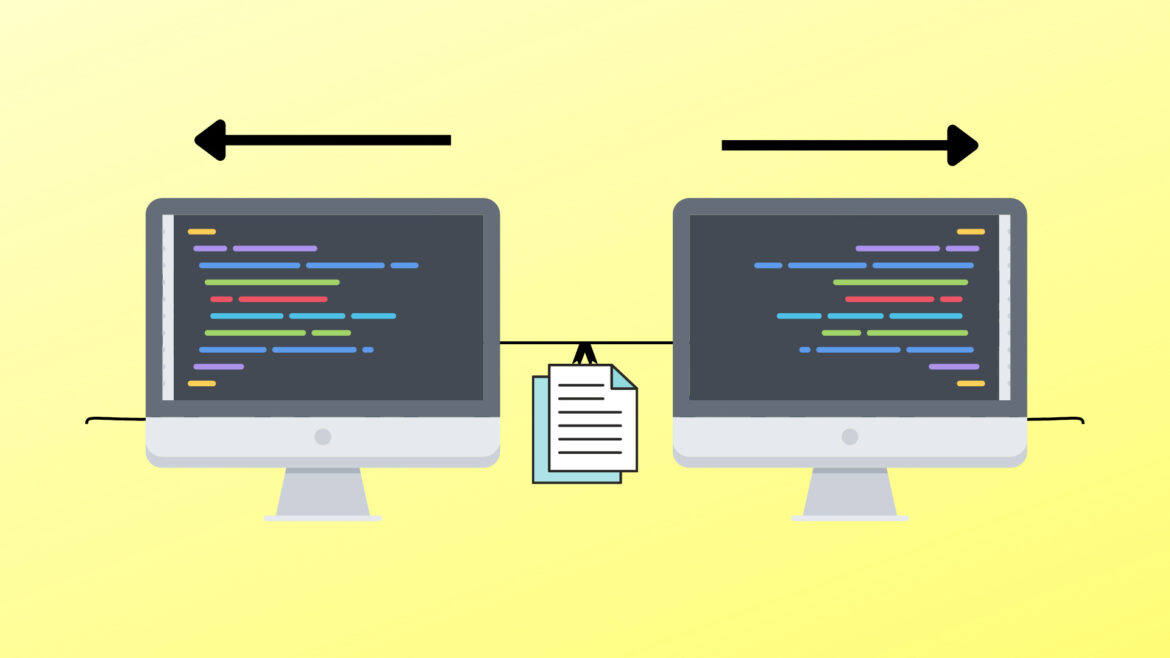A race condition is among the hardest to troubleshoot as it might appear in one test and disappear in the next one. However, it’s essential to address this problem as it can lead to undefined behavior, hampering customer experience and even producing incorrect results. Let’s find out what race conditions are in this article.
The Definition of a Race Condition
Imagine that there is a shared variable that is a file object, and two threads are requesting access simultaneously. One of them reads the content of the file, while the other one blanks the file’s content. This combination of instructions might seem absurd, but it’s a great indicator of what race conditions can do. If the ‘read’ action is supposed to be done first, but if the other thread catches up and writes zeros onto the file before the other program reads it, it apparently leads to problems.
If the order of the execution turns out to be wrong, this can result in a value that is different from the desired result, even if both programs are flawless and produces correct results on their own. This can create a chain of events that can lead to displaying values that are off by a lot, a sudden glitch inside a file, or even a complete system crash that seems to come from nowhere.
Why Race Conditions are Hard to Troubleshoot
It’s incredibly challenging, if not impossible, to track down a race condition without prior preparations. It is because the program’s execution time, even with the same inputs and on the same computer, is different due to other factors such as the existing CPU load, the number of disk swaps the programs are doing, the scheduler of the operating system, and even hardware wear-and-tear. As such, it’s nearly impossible to reproduce the bug because it’s not every day that two instructions regarding the same data get the same time slot. Moreover, even if that happens, it’s likely a different set of instructions than the one causing the initial problem.
Moreover, software developers usually use debuggers or print statements to debug their programs. This is a further contributing factor to the unpredictability of the issue as it essentially changes how the computation is being executed on a program, making it impossible to reencounter the same issue.
However, in the first paragraph of this section, we said “without prior preparations”, and that’s a very important aspect of tracking down those unpredictable bugs before they might somehow reach the customers. One way to do this is to catch exceptions and display detailed error messages of where the error occurs. Obviously, you don’t want these information to reach your customers, especially if it involves sensitive information, but you’d also like to send it to the server so that they can approximately locate which variable is jammed by the two threads to cause the issues.
Preventing and Fixing Race Conditions
The root source of a race condition is a shared variable or object. That’s where mutual exclusion comes into play. This prevents two programs from gaining access to the same resource simultaneously. For example, if you see the warning that a file is in use when you try to delete, copy, rename, or move it, this is a mutual exclusion algorithm that prevents the program from accessing the file while others might be writing to it.
Conclusion
In this article, we’ve discussed what a race condition is, how it works, and an effective way of preventing it. Also, the risk of race conditions is another great reason to always back up your data as you might lose data during an unexpected edit. If you want more information about this topic, please visit the webpages in the references below.
References and Credits
- Roel van de Paar. (2021, July 26). What Is a Race Condition? Retrieved May 13, 2022, from https://www.howtogeek.com/devops/what-is-a-race-condition/
- (2020, October 19). What is a Race Condition? Retrieved May 13, 2022, from https://www.baeldung.com/cs/race-conditions
- (2019, June 4). What is Mutual Exclusion (Mutex)? Retrieved May 13, 2022, from https://www.techopedia.com/definition/25629/mutual-exclusion-mutex

